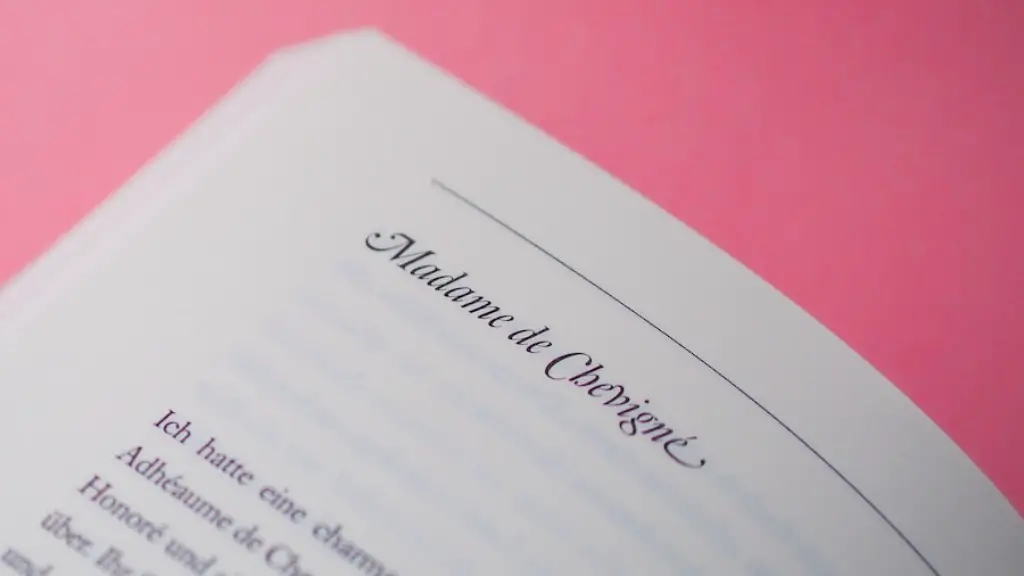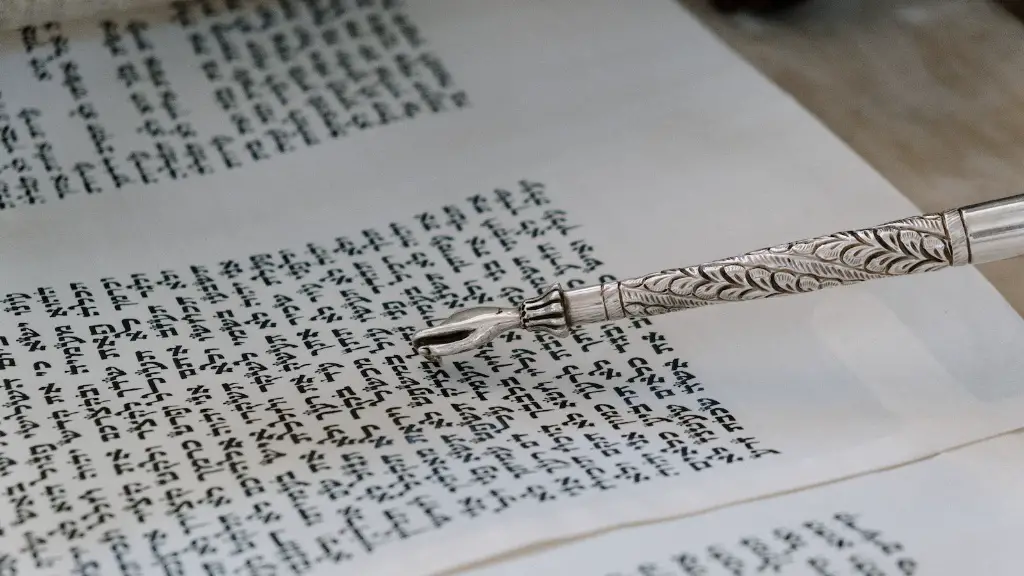Early Years of Langston Hughes
Born on 1st February 1902 in Joplin, Missouri, Langston Hughes was an iconic American poet, playwright, fiction writer and social activist. His father married his mother just before his birth, leaving Hughes and his mother shortly thereafter. Despite his father’s absence, Langston was greatly influenced by his father’s family. He was raised mainly by his maternal grandmother near Lawrence, Kansas, and attended high school there.
At the age of thirteen, Hughes began writing poetry influenced by his grandmother’s stories of the famous African-American leaders of the Reconstruction era. Although he wrote for different African-American publications in the 1920s, his life changed when he published ‘The Negro Speaks of Rivers’ in 1921, the same year he graduated from high school.
The poem was published in ‘The Crisis’, the official publication of the NAACP, and became an instant success. Prior to this, Hughes had been writing and submitting poems to various works almost annually, but none had the same impact as ‘The Negro Speaks of Rivers’. The poem was featured and praised by the top African-American writers, such as W. E. B. Du Bois, who wrote the first response to the poem in the The Crisis and praised Langston Hughes for his work.
Writing Career
Hughes’ writing career is best known for his work in examining the universal realities of racism and for bringing a sense of identity to the African-American experience. Hughes was an early participant in the ‘Harlem Renaissance’ of the 1920s and 1930s, and was integral to the movement. He brought a sense of pride and uniqueness to African-Americans and their literary culture.
In 1926, Hughes published ‘The Weary Blues,’ one of his signature poems written in traditional blues form. With this success, Langston was respected, not just as a poet, but as an African-American. His 1931 novel ‘Not Without Laughter’ was awarded the Harmon Gold Medal and was his first mainstream success.
As the ‘Harlem Renaissance’ began to fall apart, Hughes wrote with increasing vigor. In 1935, he wrote ‘The Big Sea’, an autobiographical account of his travels and experiences. More significantly, he penned the ‘Simple’ series, which appeared in the Saturday Evening Post, widely known for carrying work from famous American authors at the time.
Social Activism and Legacy
Throughout his life, Hughes was active in social and cultural affairs. His activism ranged from providing scholarships to aiding the homeless. He advocated against all forms of racism and spent time on the lecture circuit to inform and create awareness of social issues. He was also a leader in the ‘Folk-Lit’ movement, which encouraged authors to write stories in a plain and straightforward style, rather than being tied to the traditional conventions of writing.
In his later years, Langston Hughes continued to write and contribute to the civil rights movement. He passed away in 1967, leaving behind a lasting legacy of poetic works, novels, plays, and social activism that still resonates with African-Americans and American literature alike.
Rise To Fame
Langston Hughes was a prolific writer, his works being published in The New Republic, The Nation, The Crisis, The Opportunity, The New Yorker, and many more literary magazines. Throughout the early- to mid-1920s Hughes used different aliases when submitting his poems. He also wrote some articles for the NAACP. With the publication of Not Without Laughter (1930), a semi-autobiographical novel, and the poetry collection The Dream Keeper and Other Poems (1932), his work gained critical acclaim.
The success of those works combined with formidable lecturing and speaking engagements in the U.S. and abroad, helped him become a renowned figure in the African-American and world literary communities. His reviews and feature pieces in The Nation, The New Republic and other publications established him as an important critic, contributing to the ongoing movement. Hughes was embraced by both whites and African-Americans and became an internationally-acclaimed figurehead of Harlem Renaissance literature.
Trumpet Player
In the 1930s, Hughes began playing the trumpet, a new passion. He formed his own band in Europe, the ‘Dooley Wilson Orchestra’, and in the U.S. the ‘Savoy Sultans’. His approach to the trumpet and jazz influence shaped his work. While he did not gain notoriety as a musician, he appreciated the life of jazz, and he used its rhythms in his writing. His poems portray jazz culture, describing a subtle feeling of abandonment, sorrow and hope in the face of continued racism and struggle with everyday life.
He wrote some notable works in the modern jazz form, such as ‘Mulatto Swing’ (1935) and ‘When the Negro was in Vogue’ (1937). Music was an integral part of his life, finding its way into many of his poems and short stories. He was deeply inspired by the music, appropriating its rhythms, movements and attitudes into his writing.
Broadway Debut
Having spent several years writing for Broadway, Hughes was eventually able to make a Broadway debut of his own. Hughes adapted his novel ‘Not Without Laughter’ in 1949 and titled it ‘Simply Heavenly’. The Broadway musical play was awarded the Best Play Award for that year. During its run, the production ran to full houses every night and was beloved by both white and African-American audiences.
Hughes, who had taken several years away from writing and publishing, now appeared as a mainstay on Broadway. Following the success of ‘Simply Heavenly’, Hughes wrote, ‘Prodigal Son’, a twiceTony-nominated work, and wrote ‘Mulatto’, an adaptation of his 1935 play ‘Mulatto Blues,’ in 1961. His last play – ‘Tambourines to Glory’, an adaptation of the novel of the same name – was released in 1963.
International Recognition
Langston Hughes was immensely popular in the U.S. and abroad. His work was translated into many European languages and was widely appreciated by international audiences. His ‘Poem de Hamlet’ (1928) was featured in prominent magazines, including French and Spanish editions of the Parisian magazine ‘L’Unesco’. Langston was seen as a mentor to aspiring writers and artists, and in 1959 a monument to his life and career was erected in Washington D.C.
He was featured in a number of books during his lifetime, such as his selected poems ‘Montage of a Dream Deferred’ (1950), ‘Ask Your Mama: Twelve Moods for Jazz’ (1961) and ‘GoodMorning Revolution: Uncollected Writings of Social Protest’ (1973). His posthumous works also include ‘The Panther and the Lash’ (1967), ‘Langston Hughes Readers’ (1972), ‘The Panther and the Lash: Poems of Our Times’ (1985) and ‘Selected Poems of Langston Hughes’ (1989).
Harlem, An Icon of African American Culture
Harlem was an important center for the African-American culture and community in early 20th century. It was a hub of creative expression which inspired and nurtured Langston Hughes. It was his home and the source of inspiration for his works. The cultural movement that ensued in the 1930s in Harlem brought an unprecedented spotlight to the African-American culture, an event known as the Harlem Renaissance.
The Renaissance was largely responsible for bringing Langston Hughes and his work to international fame. His spirit was able to tap into the rich heritage of music and rhythms that shaped the community. Harlem thus became his muse and propelled him to fame.
Racial Equality Movement
Langston Hughes was a lifelong supporter of the American civil rights movement and an advocate for racial equality. His works are laced with themes of racism and injustice, and he was one of the foremost voices of the early 20th century for addressing these issues. Hughes was involved in the campaign for civil rights as early as 1915, and throughout his life he used his art to protest the inequalities that still existed for African Americans across the U.S.
The racial prejudices were underlined in his poems -particularly ‘I, Too’, which dealt with the discrimination he encountered as an African-American living in segregated communities. Hughes connected his words to his fight against racism and declared himself a huge pacifist. He invited members of all races to generate outstanding works that embrace civil rights, as well as work towards equality.
Political Ideology
Langston Hughes held leftist political views and was an ardent believer in equality of opportunity for all. Hughes was an America optimist and wanted the US to be a democratic power which meant freedom for all people regardless of color, gender or social class. He was a passionate believer in the potential of humanity and wanted equal opportunities to help tackle poverty and racial discrimination.
Due to his political views, he became a representative of left-wing ideas and was one of the most vocal advocates of civil rights and the importance of education during the Jim Crow era. His most prominent works seeking to promote racial equality was the Spanish Civil War collection, ‘Don’t You Turn Back’ (1937).
Legacy and Impact
Langston Hughes’ work helped to shape the language and literature of African-Americans, and his creative output has left a lasting mark on our culture. His influence was felt not only in literature, but also in music, art, and activism. He is still studied and remembered, more than fifty years after his passing, as one of the premiere African-American writers of the 20th century.
His work has been widely adapted for stage and screen and has been the subject of numerous books, biographies and documentaries. Langston Hughes also posthumously received the NAACP’s Spingarn Medal in 1970 for his commitment to African-American culture and literature, and a memorial to him was dedicated in Washington D.C. in 2002.
Langston Hughes will be remembered and celebrated for years to come as the pioneer of modern African-American literature, bridging music, literature and activism together in a powerful and enduring way.





